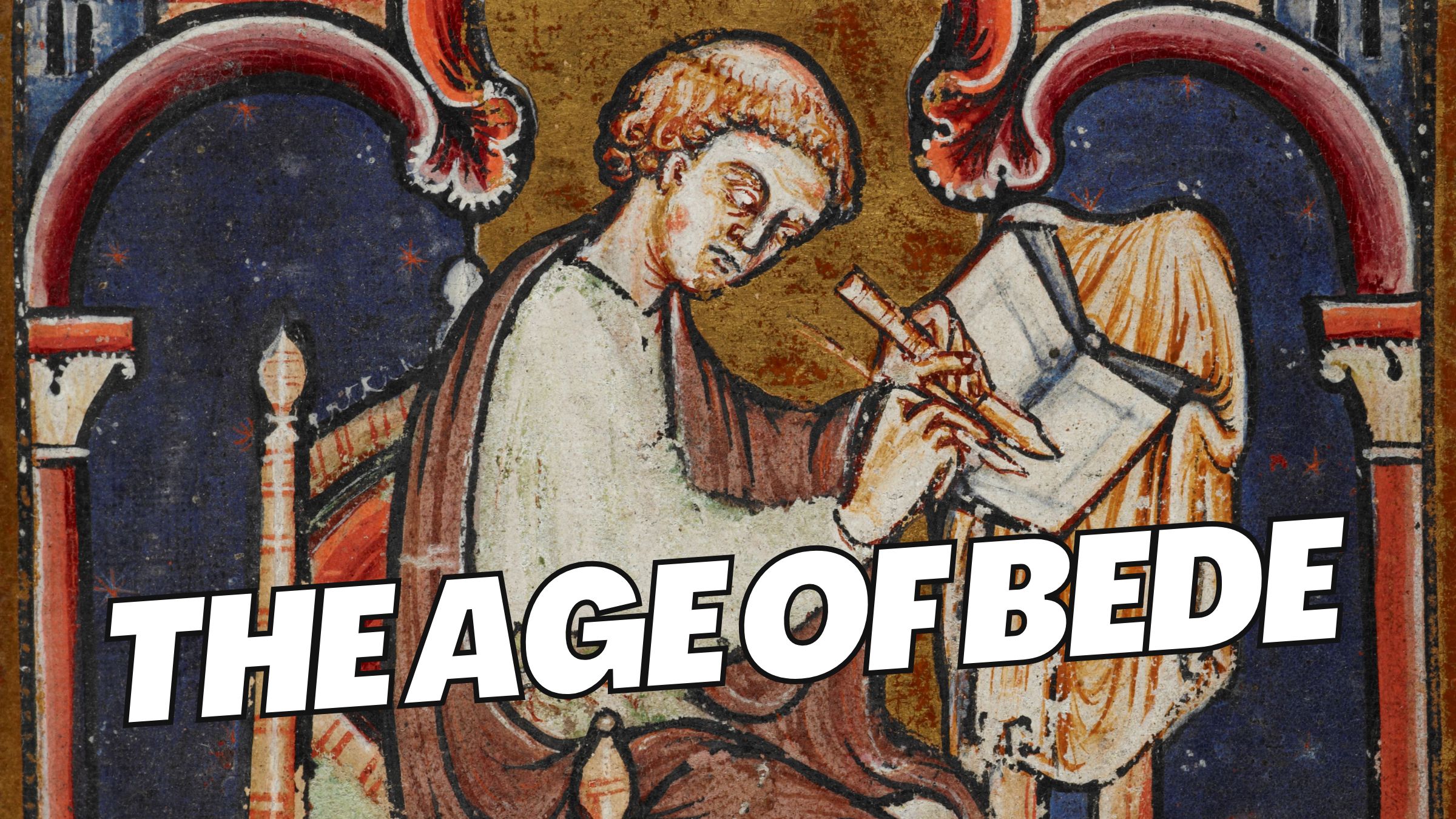
"However, Britain in the seventh and eighth centuries has come to be synonymous with a bookish monk, who lived a cloistered life in a monastery in the north-east corner of what is now England. This, we are told, was the Age of Bede. It is so called not because Bede dominated the politics of his day, but because he himself wrote its history, not only recording events that would otherwise have been forgotten, but also shaping and framing these events into a compelling narrative."
"I was born in the territory of this monastery [Wearmouth-Jarrow, near modern Sunderland]. When I was seven years of age I was, by the care of my kinsmen, put into the charge of the reverend Abbot Benedict and then of Ceolfrith, to be educated. From then on I have spent all my life in this monastery, applying myself entirely to the study of the Scriptures; and, amid the observance of the discipline of the Rule"
Bede's historical writing established his name as representative of seventh- and eighth-century Britain by recording events and shaping them into a coherent narrative. His authority derived from authorship rather than political power, and his work preserved events that might otherwise have been forgotten. Other important early English Christian writers existed, such as the poet Aldhelm, and Lives of Gregory, Cuthbert, and Wilfrid were produced in the early eighth century. Bede was the first to produce a full historia and remains one of the most important. He was born at Wearmouth-Jarrow, entered the monastery at seven, and devoted his life to Scripture and monastic discipline.
Read at Medievalists.net
Unable to calculate read time
Collection
[
|
...
]